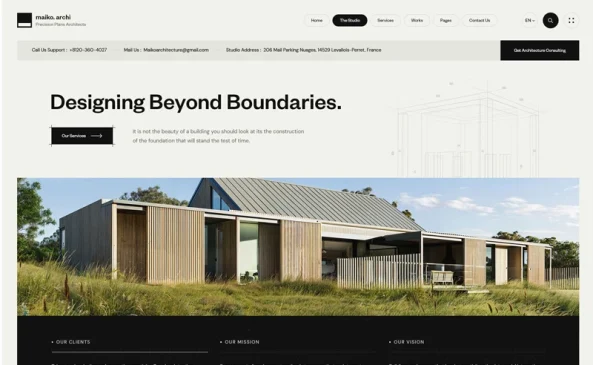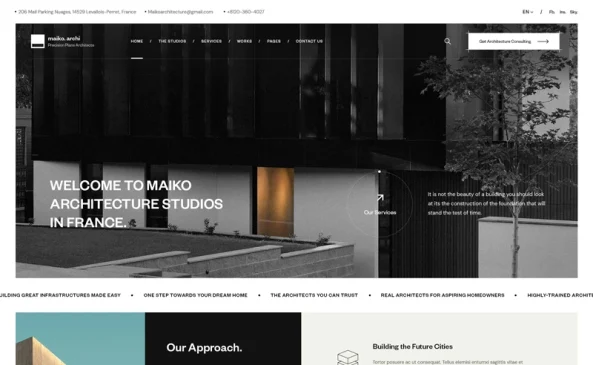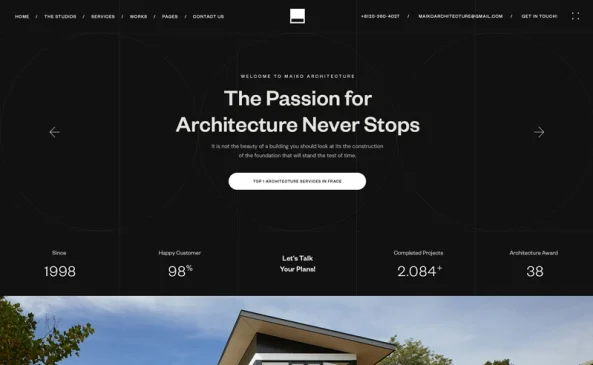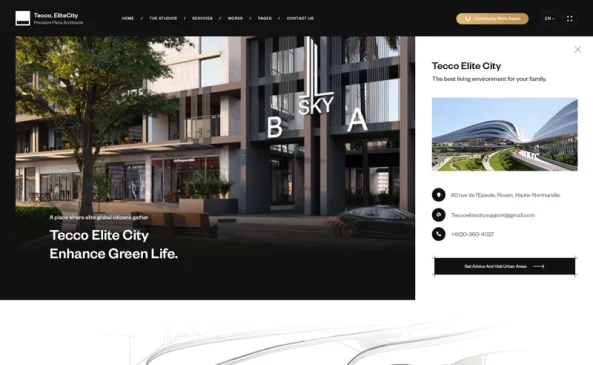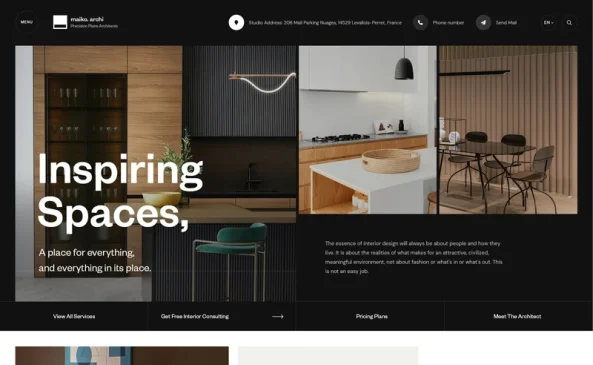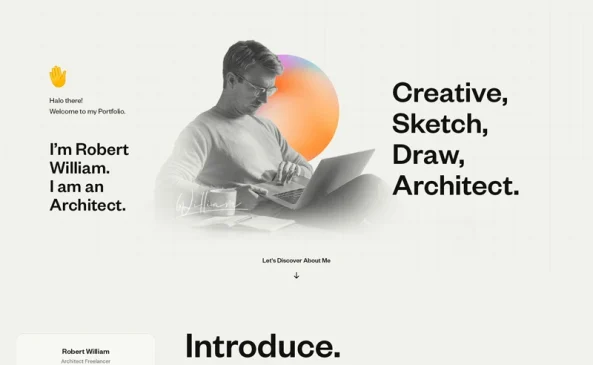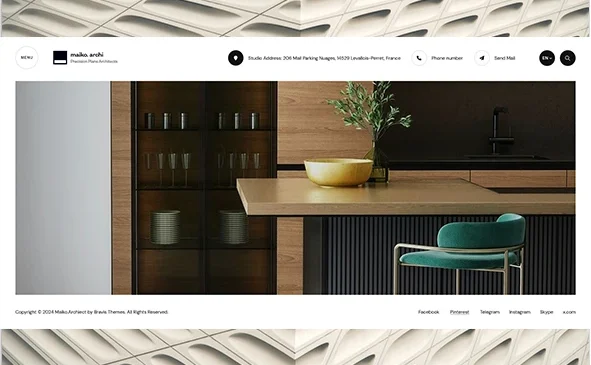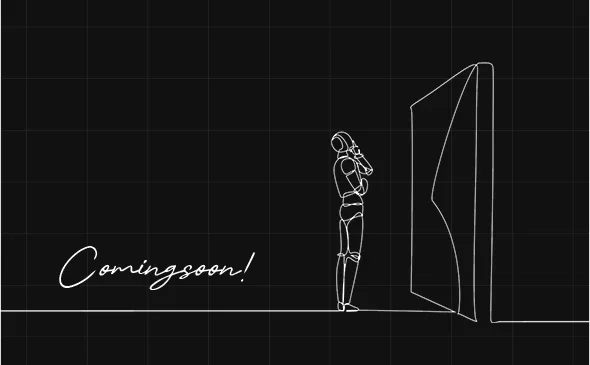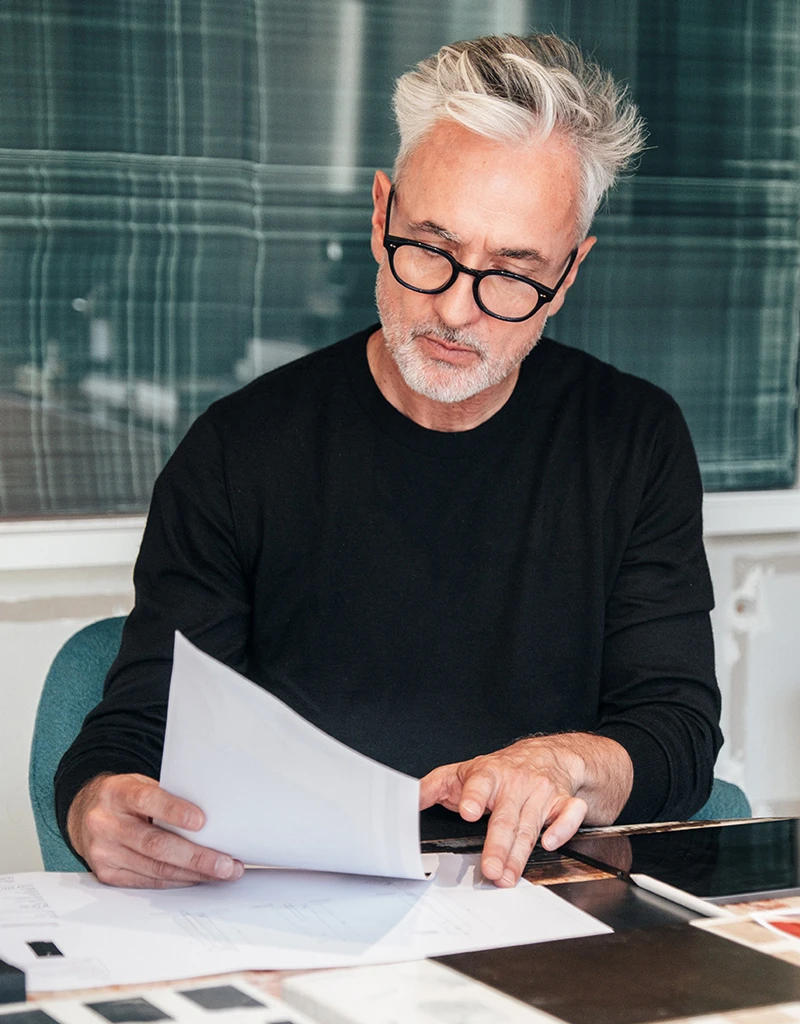As Rwanda continues its rapid urbanization and infrastructure development, sustainable construction in Rwanda has become an essential focus for developers, architects, and civil engineers. The push for eco-friendly building practices not only aligns with the country’s growing demand for modern infrastructure but also meets global standards for environmental preservation and energy efficiency. With a commitment to achieving a sustainable future, the construction sector in Rwanda is evolving with innovative technologies and practices that reduce environmental impact and contribute to long-term sustainability.
In this blog post, we’ll explore the latest sustainable construction trends in Rwanda that are shaping the future of building projects and urban development. Whether you’re a developer, homeowner, or business owner, these trends are essential to keep in mind when embarking on a construction project in Rwanda.
1. Green Building Materials: A Step Towards Eco-Friendly Homes
One of the most significant trends in sustainable construction Rwanda is the use of green building materials. These materials not only reduce the environmental impact of construction but also contribute to a building’s energy efficiency and durability. Sustainable materials such as bamboo, recycled steel, and locally sourced stone are gaining popularity for both residential and commercial projects. These materials are not only cost-effective but also environmentally friendly, reducing the carbon footprint of buildings.
At FDG Africa, we integrate green building materials into our projects, ensuring that every construction project we undertake is designed with the environment in mind. By focusing on local materials and eco-friendly construction techniques, we help reduce the need for imported goods and minimize the overall environmental impact.
2. Energy-Efficient Buildings: Cutting Down on Utility Costs
As Rwanda pushes for a greener future, energy-efficient buildings are becoming a major priority for construction companies in Rwanda. By utilizing solar panels, energy-efficient lighting systems, and insulation materials, construction projects can significantly reduce energy consumption. These buildings not only help reduce electricity costs but also contribute to the overall reduction in carbon emissions.
One of the most exciting developments in construction Rwanda is the widespread adoption of solar energy for both residential and commercial buildings. The government’s support of renewable energy in Rwanda has made it easier for construction firms to incorporate these technologies into new buildings.
3. Water Conservation in Construction Projects
In line with sustainable development Rwanda, water conservation is becoming a key consideration for construction in Kigali and other urban areas. As Rwanda faces the challenges of water scarcity and the need to manage resources efficiently, integrating water-saving technologies is essential.
Innovative water management systems like rainwater harvesting, water-efficient plumbing fixtures, and greywater recycling are gaining traction in the building sector. By utilizing these techniques, developers can create homes and commercial spaces that use less water and reduce environmental strain.
4. Sustainable Landscaping and Urban Design
Another exciting trend in sustainable construction Rwanda is the growing focus on landscape architecture and urban design that enhances sustainability. Creating green spaces within residential and commercial areas not only promotes biodiversity but also improves air quality and provides recreational areas for communities.
FDG Africa has a strong focus on landscape architecture Rwanda, offering solutions that blend modern development with nature. Through well-designed green spaces, we help improve the overall quality of life for residents and visitors while promoting environmental sustainability. Our projects integrate sustainable landscaping practices that contribute to a healthy and sustainable living environment.
To learn more about the impact of landscape design on Rwandan development, read our blog post on the importance of landscape architecture.
5. Smart Home Technology for Sustainable Living
Incorporating smart home technology into new construction projects is becoming an increasingly popular trend in Rwanda. Smart home systems can optimize energy use by controlling lighting, heating, and cooling systems through automated technology, leading to greater energy savings and convenience for homeowners.
The use of smart devices not only enhances comfort but also supports sustainable construction practices by helping homeowners reduce their overall energy consumption. With FDG Africa, we are embracing this trend by designing homes and offices that incorporate cutting-edge smart technologies, offering both comfort and sustainability.
6. Waste Management and Recycling in Construction Projects
One of the key aspects of green building Rwanda is the focus on construction waste management. Instead of sending materials to landfills, sustainable construction projects prioritize recycling and reusing materials. This trend not only minimizes the environmental impact of construction but also reduces the cost of acquiring new materials.
FDG Africa ensures that our construction projects are as waste-free as possible by implementing efficient waste management systems. By focusing on recycling construction debris and reusing materials whenever possible, we are reducing the carbon footprint of each project we complete.
7. Eco-Friendly Building Certifications: A Mark of Excellence
In line with global trends, eco-friendly certifications such as LEED (Leadership in Energy and Environmental Design) are increasingly sought after for construction projects in Rwanda. These certifications ensure that a building is designed, constructed, and operated in an environmentally responsible manner.
Obtaining these certifications is becoming a competitive advantage for construction firms in Rwanda. FDG Africa is committed to achieving the highest standards in sustainable construction Rwanda, and we work diligently to ensure that our projects meet these rigorous eco-friendly criteria.
8. Affordable Sustainable Housing for the Future
Sustainability doesn’t only apply to luxury buildings or commercial spaces. Affordable housing is also being built with sustainability in mind. Developers are finding ways to make affordable housing Rwanda more eco-friendly without raising costs. From energy-efficient homes to green building materials, sustainable design is becoming a critical factor in addressing the housing needs of Rwanda’s growing population.
At FDG Africa, we focus on offering affordable sustainable housing options to the people of Rwanda. Our goal is to create homes that are not only affordable but also environmentally responsible, ensuring that future generations can enjoy a high quality of life.
Conclusion: Shaping Rwanda’s Future with Sustainable Construction
As the demand for sustainable development in Rwanda continues to rise, sustainable construction practices are becoming integral to the country’s growth. From green building materials to smart home technology, the future of construction in Rwanda is one that prioritizes the environment and energy efficiency.
By embracing these trends, construction companies like FDG Africa are setting the stage for a more sustainable, eco-friendly future in Rwanda. As we continue to grow and develop, we remain committed to delivering innovative, high-quality projects that meet the needs of our clients while minimizing environmental impact.
If you’re interested in sustainable construction Rwanda and want to know how we can bring your vision to life, feel free to contact us for more information or a consultation. Email us at [email protected] or WhatsApp for immediate inquiries.
Explore more of our sustainable building practices and recent projects in our Innovative Sustainable Building Practices in Rwanda blog post.
Stay updated with the latest in construction in Rwanda, and let’s work together towards a greener future!


